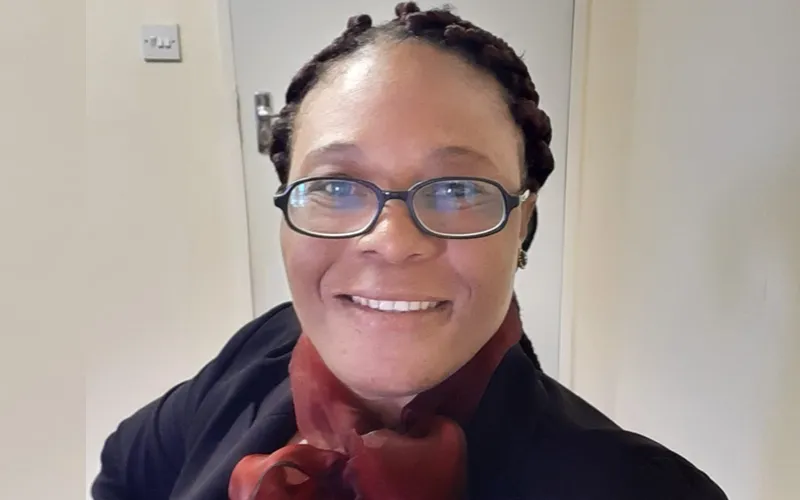Traditional initiation ceremonies also became her talking point, identified among the negative practices that hamper the fulfillment of children rights as mature.
“Traditionally, boys and girls went through initiation ceremonies where they grew from one stage of life to another. The information that is passed across in these initiations promote harmful gender roles. Children can suffer great physical and emotional harm if the practices are not carefully planned to match their protection rights,” Ms. Sanyatwe explained.
She also blamed African cultures for sidelining children who are born with disabilities, particularly when these children are labeled as curses from God, witches, and wizards.
Whenever there is war that occasions migration and consequently refugee status, children are the most affected, the child safeguarding office of ZCBC said, adding that most of these children are not attended to by responsible bodies because they are not registered.
“Children without a birth certificate are unable to prove their age and therefore vulnerable to violence, abuse and exploitation,” Ms. Sanyatwe noted, and added, “A birth certificate can also help protect migrant and refugee children from family separation.”
(Story continues below)
As a way forward, she encouraged the fostering of Christian values saying Christianity holds children as a gift from God and are viewed as a source of renewed hope to humanity.
Church teachings laced with both regional and international charters on human rights are important pillars on child safeguarding, Ms. Sanyatwe said during her keynote address to members of IMBISA May 5.
“We pray for God’s grace that we will succeed in this mission to be enablers of joyful childhood rather than the barriers to it and hence short-changing the hope of future lives of the children and the world,” she implored.
Several other faith-based organizations across Africa have, in recent times, reaffirmed their support for child safeguarding.
In 2019, representatives from various Christian denominations, Muslims and Hindus in Kenya under their umbrella body, the Inter- Religious Council of Kenya (IRCK), launched a common child safeguarding policy document, the religious leaders adopting a collective manual toward enhancing the safety and protection of children.
“People look at us as the voice of the voiceless, and therefore as religious leaders we need to act and speak out to communities,” IRCK chairman Fr. Joseph Mutie told ACI Africa in an interview 11 November 2019, adding, “As servants of God, we came up with a document to guide us in safeguarding our children on issues related to child abuse.”
Last year, the leadership of the Association of Member Episcopal Conferences in Eastern Africa (AMECEA) brought together child protection officers drawn from various member Bishops’ conferences within the region to assess the progress and impact of the policies on the Protection of Minors in the Church that Pope Francis wanted reviewed.
During the March 2020 three-day meeting in Kenya’s Nakuru Diocese, the child safeguarding officers expressed their respective commitments to safeguarding children and vulnerable adults to put an end to “shedding tears.”
“We are here to reaffirm our commitment to wipe up tears from the many faces of children within our conferences. We are here to stop more children from shedding tears; indeed, they have been shedding tears for too long a time,” the Secretary General of AMECEA, Fr. Anthony Makunde said.








